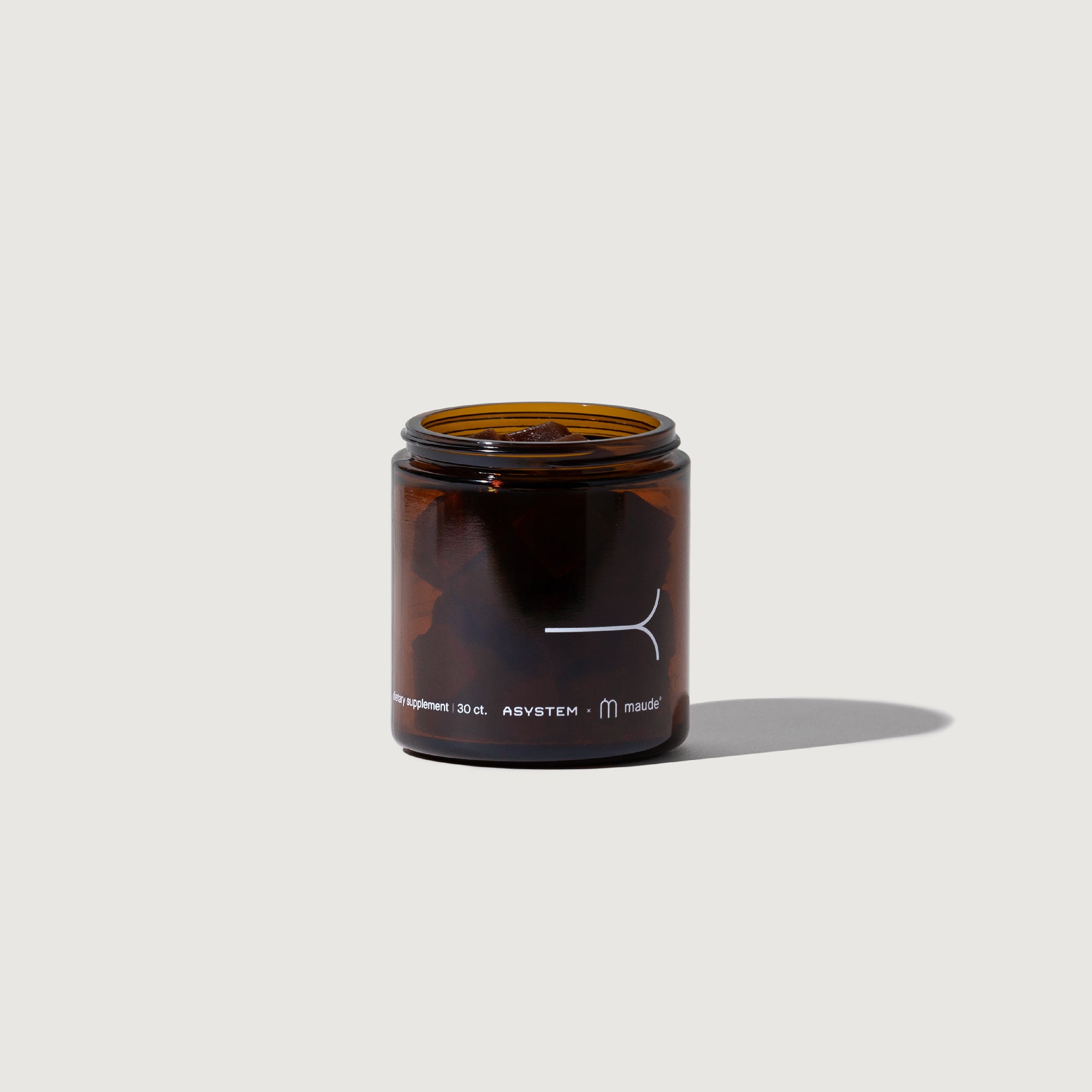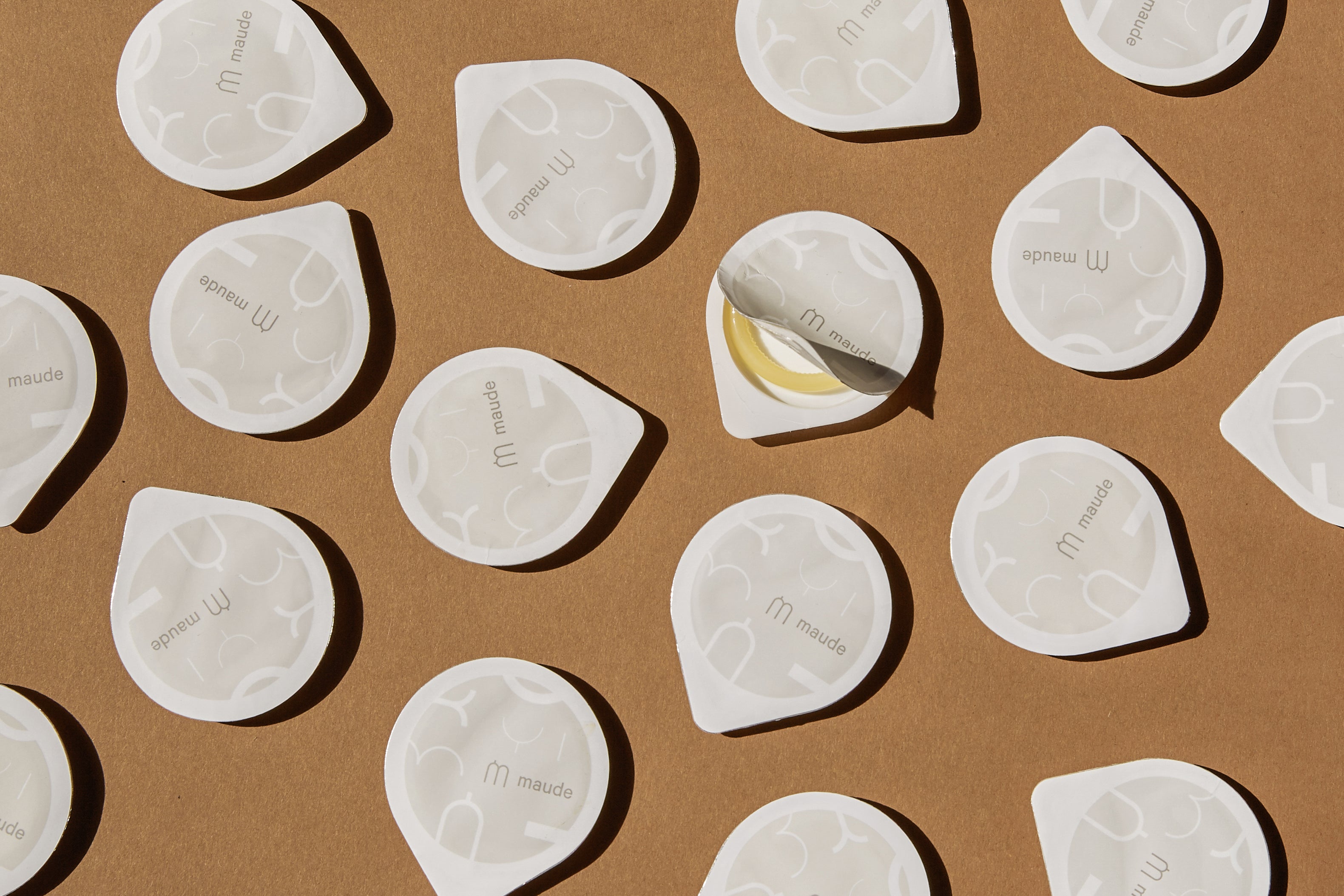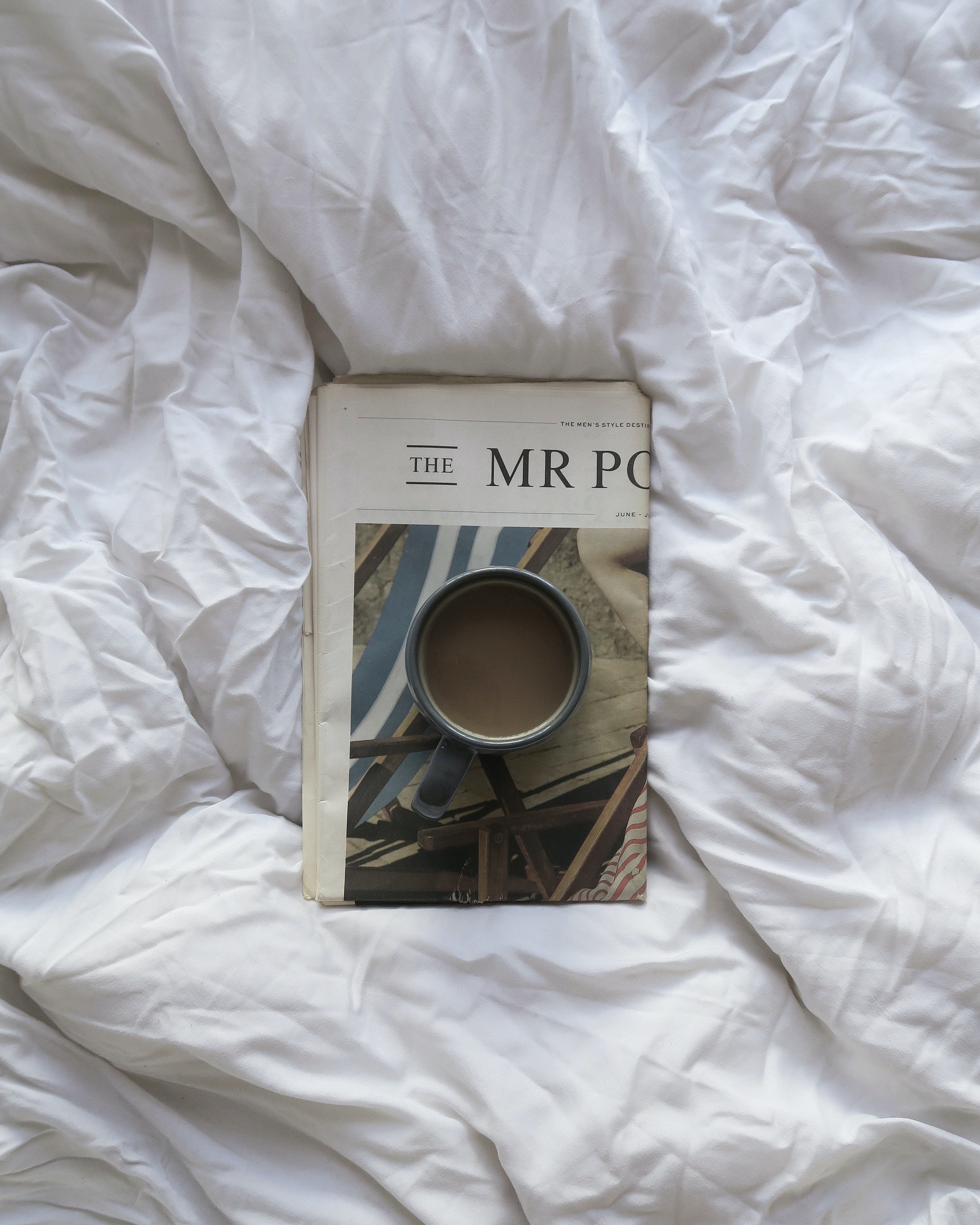Where Does "Horny" Come From?

The etymology of arousal.
Rarely do we question the language—crass or otherwise—that we ascribe to sexuality. So many of the terms we’ve come to associate with intimacy have been around for so long, we’re hardly been made to pause and consider the nature of the terms we’re using. And among the class of terms we draw upon most frequently are those about…getting it up: horny, libido, arousal, et al. That’s why we’re diving deep into the etymology of “turns on.” Here’s what probably never needed to know:
Libido
For years, libido was hardly a discussion topic to be broached—both for doctors or for the plebeian nonmedical folk. The first use of the term is found—shockingly enough—in Freud’s work. In his 1892 edition of “Selected Papers on Hysteria," he’s quoted as coining the term as, "psychic drive or energy, usually associated with the sexual instinct.” Apparently, he derived the phrase from Latin’s lubido (desire, eagerness, longing) and libere (to please or be pleasing).
While “sex drive” became common terminology and Freud’s “libido” remained relevant soon after, it wasn’t until his 1905 masterpiece “Three Essays on the Theory of Sexuality” came out that the term began to spread—the content of which centered almost entirely around the notion of libido as it pertains to developmental psychology. Thereafter, the term became a commonplace synonym for sex drive—and was used plenty widely throughout medical and social communities (generally rivaled only by the ever-colloquial “horny”).
Horny
This is a good one: Apparently, the widely beloved term that is “horny” comes from the late 18th-century phrase, “having the horn ”—used broadly to describe male arousal. By the 19th century, the term horny hax become popularized, being that erect male penises had the aesthetic quality of, well, a horn. The term became so vaguely normalized that James Joyce even uses it in his 1889 magnum opus, Ulysses.
At the time, the term referred exclusively to male libido (being that women could not grow the same variety of “horn”), but in a present context, the term is far from gendered. And you need not have an actual boner to feel like it applies.
Arousal
Au contraire, “arousal” has far gentler (more poetic) connotations. In fact, in its most classic definition, to rouse or arouse has to do with being rustled from sleep, or delivered into a waking state—coming from the Anglo-Frencher reuser (to stir or cause abrupt movement). By that token, “arousal” really is quite a lovely ism…whether or not you’re talking about a metaphorical boner. While the first sexual association didn’t appear until circa 1990, the verbal lineage is clear. And even today, the word seems to lack implications that come with something as base as “horny.”




